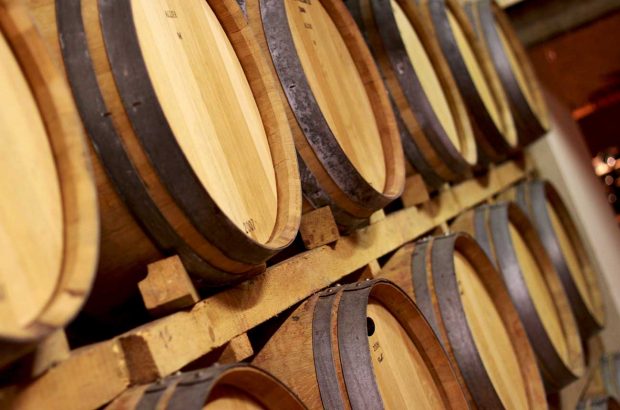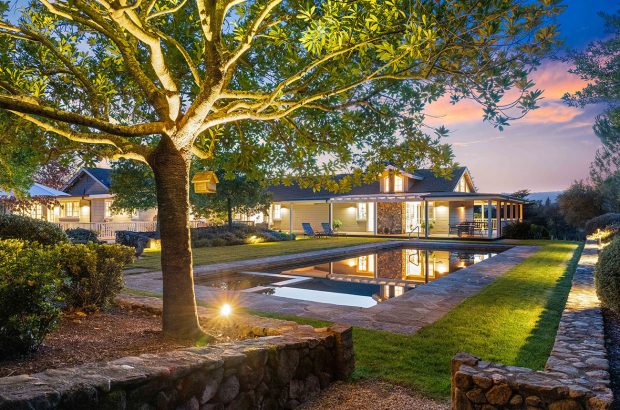Sauternes chateau boss Philippe Baly has launched an attack on official regulations that ban the use of potentially toxic products from vineyards.
Speaking to decanter.com, Baly, who runs first growth Sauternes property Chateau Coutet with his brother Dominique, said that continued legislation against the use of chemical and toxic products was threatening productivity in the vineyard because there were no alternatives to banned pesticides and herbicides.
‘If we decide to remove chemical and toxic products, there is nothing to replace them, so there’s more loss [in the vineyard],’ he said. ‘Maybe genetic modification is the answer.’
Baly added that the only current alternative was prayer.
‘I’m lucky – I’ve got a chapel,’ he said.
Since the French government department for farms, fisheries and rural affairs drew up its Sustainable Agricultural Contract (CAD) in 2002, many products and vineyard treatments have been phased out.
Pesticides and herbicides such as triazines and sodium arsenite were already being phased out by 2001.
Baly said the legislation was ‘anti-economics’ and that it made French winemakers ‘marathon runners with weights tied to their feet’. He added that this was especially true in the sweet wine regions of Bordeaux.
‘People tell you to make a better product but then they complain about the prices,’ he said. ‘We have a very low production volume, high costs and a tight market.’
Written by Oliver Styles



